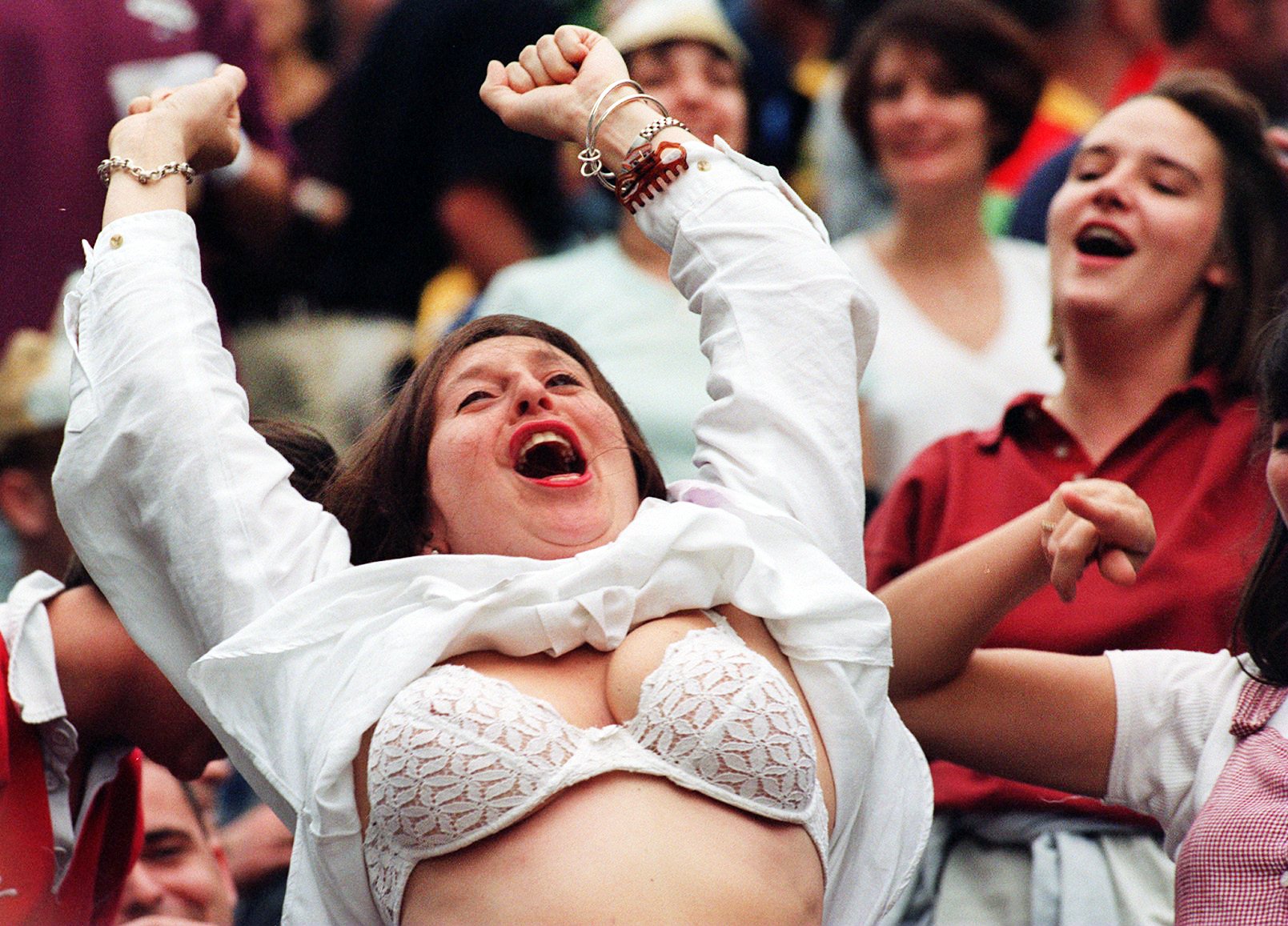
IN PICTURES: 40 years of the Hong Kong Sevens - part 5 (1996-2000). Join us for an eight-part romp through the SCMP archives charting how the world-famous event became such a success
From humble beginnings in 1976, the Hong Kong Sevens has grown into the city's leading sports event, famed throughout the world. This year, as the tournament celebrates 40 years, we're taking a ride through the SCMP archives to see how the event became the jewel in the sevens crown.
And if you see yourself or a friend in any of the pictures in our eight-part series, click here to enter your best memories of the Sevens and the most original/entertaining answers will win a pair of three-day tickets to this year’s Cathay Pacific/HSBC Hong Kong Sevens from March 27-29.
We begin part 5 in 1996, the first Sevens since rugby went professional. And it was the first year of the three-day format as it continued to expand.
Christian Cullen was the star of the show, the New Zealand flying machine ripping defences apart as the Kiwis made it three wins in a row. They beat Fiji 19-17 in another edition of their rivalry.
Cullen, with a record 18 tries and 136 points over the weekend was, unsurprisingly, player of the tournament.
He would go on to star for the All Blacks XVs team, another from the Sevens pipeline.
